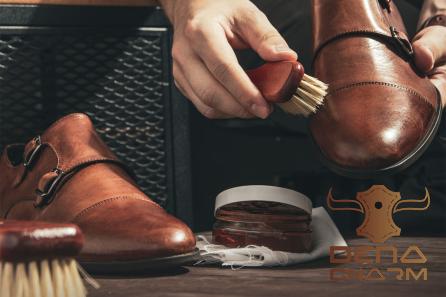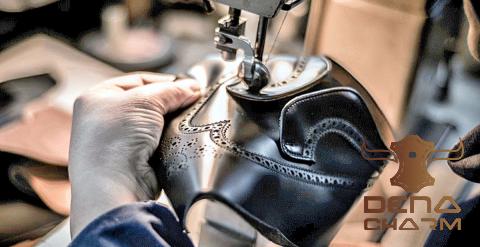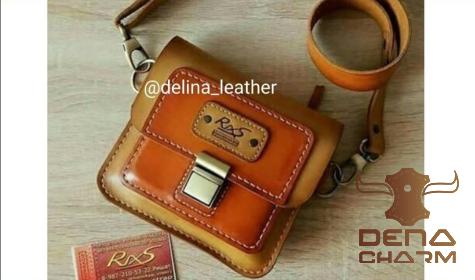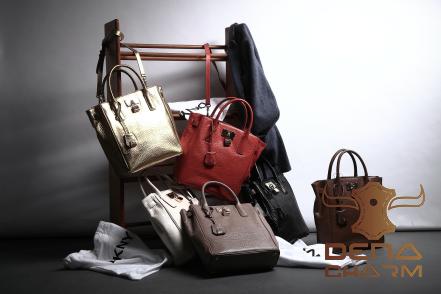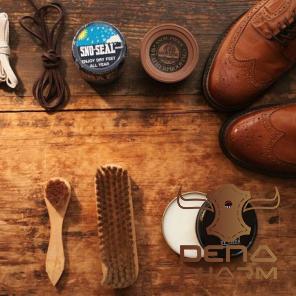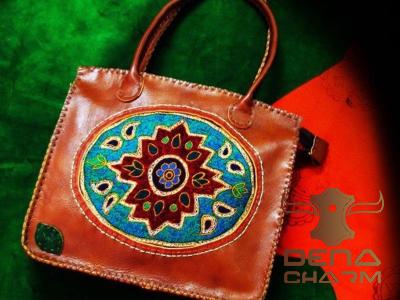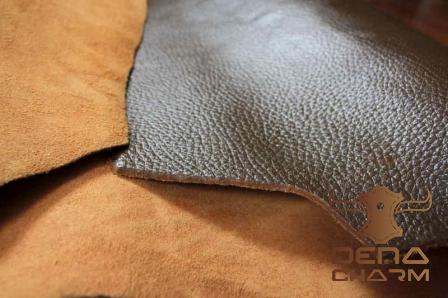Natural leather exporters play a crucial role in the global market by providing high-quality and authentic leather products to various industries. These exporters focus on using ethically-sourced materials, implementing sustainable practices, and adhering to strict quality standards. In this article, we will delve into the features that distinguish natural leather exporters and explore the process involved in making these coveted products. I. Discuss Natural Leather Exporters: Natural leather exporters are businesses that specialize in the production and exportation of leather products derived from animal hides. These exporters are dedicated to offering premium quality leather that is durable, beautiful, and sustainable. They work closely with tanneries, artisans, and manufacturers to ensure the highest standards of craftsmanship and authenticity. Natural leather exporters cater to a diverse range of industries, including fashion, automotive, furniture, and accessories. Their products can correspond to various types of leather, such as cowhide, sheepskin, goatskin, and exotic leathers like alligator or snake skin. These exporters have an in-depth understanding of the characteristics and applications of different leather types, allowing them to provide the most suitable options to their clients. II. Features of Natural Leather Exporters: a) Quality Assurance: Natural leather exporters prioritize quality at every step of the production process. From sourcing raw materials to the finished product, they adhere to stringent quality control measures to ensure consistent excellence. This commitment to quality results in leather products that are long-lasting, soft, and supple, meeting the expectations of discerning customers. b) Ethical Sourcing: Natural leather exporters are conscious of the environmental impact and animal welfare concerns associated with the leather industry. Therefore, they strive to source their animal hides from reputable suppliers who adhere to ethical practices, such as responsible farming and responsible hunting. By treading lightly on the planet and respecting animal welfare, these exporters contribute to a more sustainable and socially responsible industry. c) Sustainable Production: Apart from ethically sourcing materials, natural leather exporters also adopt sustainable production practices. They focus on reducing waste, minimizing water usage, and implementing energy-efficient technologies. Some exporters even utilize natural or organic tanning processes, avoiding the use of harmful chemicals and contributing to a greener production cycle. By prioritizing sustainability, natural leather exporters align themselves with the growing demand for eco-friendly products. d) Artisanal Expertise: Natural leather exporters often work closely with skilled artisans who possess a profound understanding of leather craftsmanship. These artisans bring years of experience to the table, combining traditional techniques with modern innovation. The result is a collection of leather products that showcase impeccable artistry, refined detailing, and a distinct touch of elegance. III. How to Make Natural Leather Exporters: a) Raw Material Selection: The first step in the production of leather goods is sourcing the finest raw materials. Natural leather exporters carefully select high-quality animal hides, considering factors such as thickness, texture, and overall quality. They establish strong relationships with reliable suppliers to ensure a consistent supply of top-notch materials. b) Tanning and Processing: Once the raw materials are acquired, the tanning process begins. This involves treating the animal hides with chemicals and natural extracts to transform them into durable leather. Different tanning methods, such as vegetable tanning and chrome tanning, result in leather with distinct attributes. The chosen method depends on the desired characteristics of the final product. c) Manufacturing: After the tanning process, the leather goes through various manufacturing stages, including cutting, stitching, coloring, and finishing. Skilled artisans meticulously transform the raw materials into finished goods, paying attention to every detail to achieve a perfect balance between aesthetics and functionality. d) Quality Control and Packaging: Natural leather exporters conduct rigorous quality control checks throughout the production process, ensuring that each item meets their stringent standards. Once the quality is verified, the leather products are packaged securely to protect them from damage during transportation. Proper packaging also helps maintain the product’s integrity and enhances the customer’s overall experience. Conclusion: Natural leather exporters are integral players in the global marketplace, producing and delivering premium quality leather products to industries worldwide. Their dedication to ethical practices, sustainable production, and superior craftsmanship sets them apart. By investing in the expertise of artisans and upholding stringent quality control measures, these exporters continue to satisfy the demands of customers who value authenticity, durability, and style.

